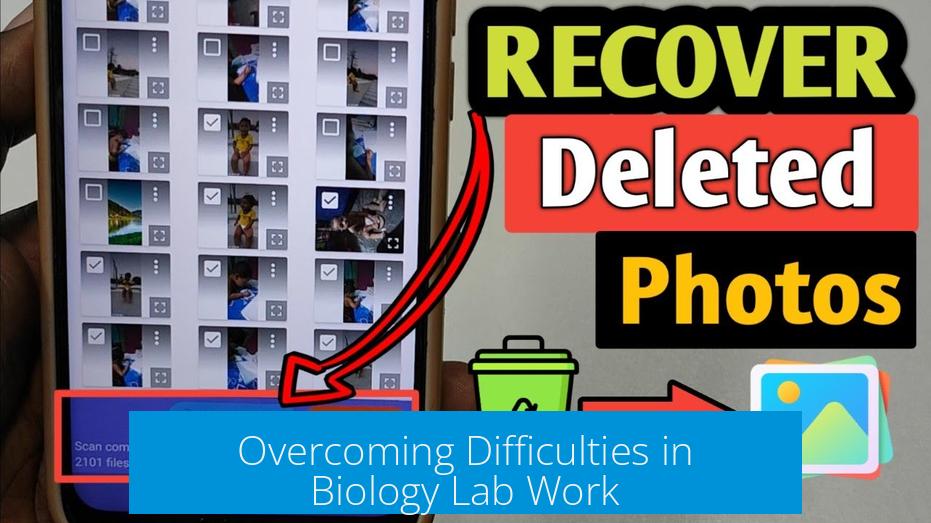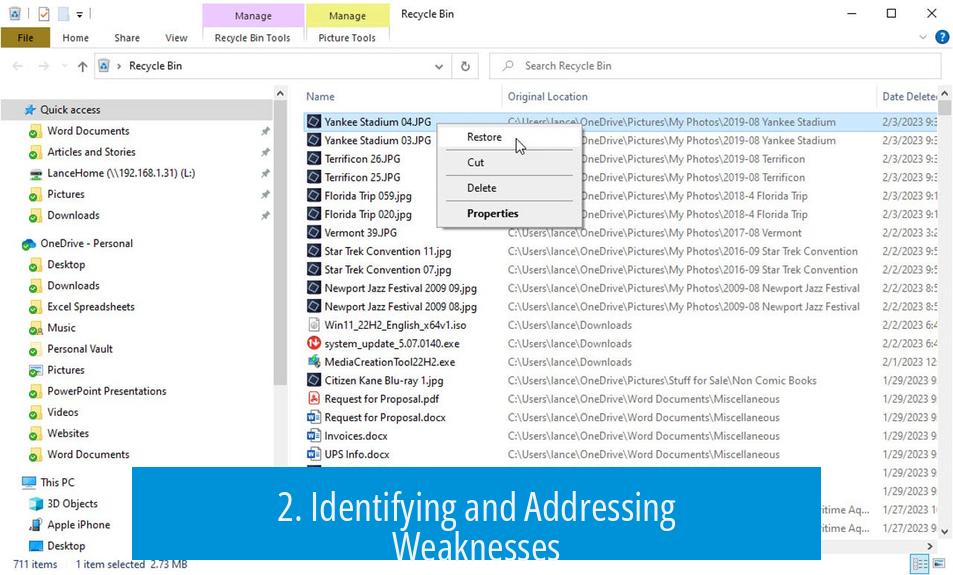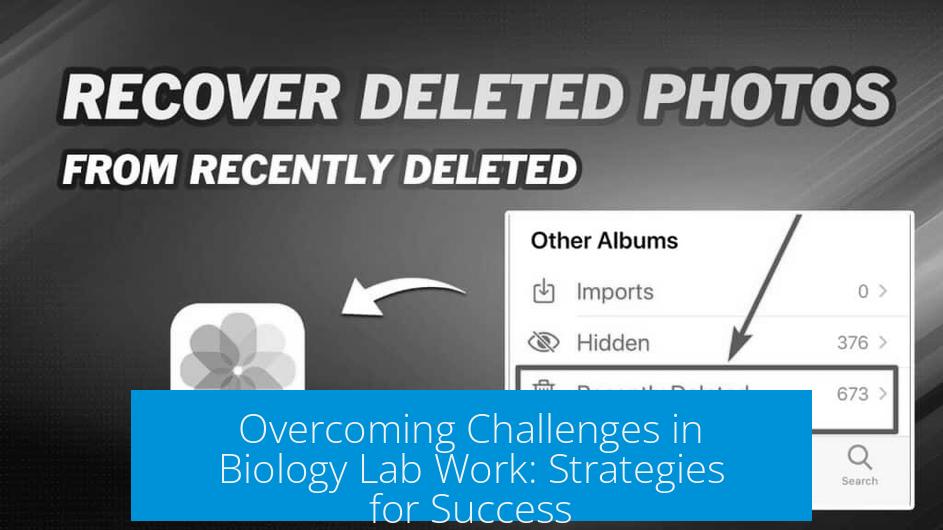Overcoming Difficulties in Biology Lab Work

Success in biology lab work comes from targeted practice, seeking mentorship, addressing weaknesses, and exploring alternative pathways if needed. The process requires patience, persistence, and a strategic approach to improve skills and gain confidence.
1. Seeking Help and Mentorship
One of the quickest ways to overcome challenges in biology labs is by seeking direct help from experienced professionals. Reaching out to professors or teaching assistants creates opportunities for guided learning.
- Email professors: Look for labs at your university matching your interests and email faculty to ask about undergraduate positions. Hands-on practice is essential.
- Ask professors for help: If struggling with specific techniques, stay after class and request one-on-one guidance. Professors often provide extra practice sessions.
- Request extra practice time: Teaching assistants and faculty usually accommodate requests for additional time or lab access to rehearse skills like gel electrophoresis.
- Positive mentor attitude: Most mentors appreciate initiative and will gladly offer their time and answers to questions.
2. Identifying and Addressing Weaknesses

Improvement begins with recognizing specific problem areas instead of general self-criticism. Making a targeted list of skills to work on sets a clear path for development.
- Analyze where mistakes occur. Are errors due to technique, lack of familiarity, or misunderstanding protocols?
- Minimize careless errors by strictly following lab protocols and asking clarifying questions before starting procedures.
- Discuss identified weaknesses with instructors to get tailored advice.
3. The Role of Practice and Experience
Practical skills in the lab develop through repetition and experience. Despite initial frustration, frequent practice increases confidence and proficiency.
- Repeated exposure to laboratory tasks improves dexterity and familiarity with equipment.
- Internships and research positions provide valuable experiential learning beyond coursework.
- Initial failures are common but make strides in mastery with persistence.
- Confidence comes from doing, not just theoretical knowledge.
For example, repeated gel electrophoresis work enhances ability to prepare and load gels properly. Tasks like pipetting become more precise after extensive repetition.
4. Handling Specific Lab Skills and Challenges
Some techniques require particular focus due to their complexity or critical role in experiments.
- Gel electrophoresis: Dealing with casting gels and preventing smearing takes patience and steady hands.
- Steadying your dominant hand with the opposite hand can improve loading accuracy.
- Flushing wells completely is crucial. This step doubles as a moment to practice buffer dispensing speed and consistency.
- Commit to simple tasks repeatedly, such as weighing precise volumes of water by pipetting, to build foundational accuracy.
5. Alternative Paths and Adaptations
If traditional bench skills remain challenging, several alternative careers and fields within biology exist where lab work is less central.
- Bioinformatics: This field focuses on biological data analysis and coding. It requires fewer hands-on bench skills.
- Switching to labs specializing in imaging, informatics, or anatomy can reduce reliance on molecular biology techniques.
- Clinical lab science programs offer structured training and different types of lab work.
- Corporate application support roles, although not lab work, use scientific knowledge to assist users and customers.
6. Encouragement and Perspective
Lab work is inherently difficult and involves trial and error. Developing a positive mindset toward mistakes is critical.
- Normalizing failure helps reduce frustration and self-judgment.
- Focus on understanding the theory behind experiments rather than solely on results.
- Confidence builds with persistence and repetition.
- Some individuals may find bench work less suited to their skill sets, but many others can improve with effort.
Struggling with lab work does not imply lack of intelligence or potential. It reflects the challenges inherent to mastering technical skills under strict protocols.
Summary of Key Takeaways
- Ask professors and TAs for help and extra practice time to build confidence.
- Make a clear list of specific skills needing improvement after evaluating mistakes.
- Practice regularly—experience and repetition are essential for skill development.
- Focus on mastering difficult steps like gel loading and pipetting through persistent effort.
- Explore related careers or fields if bench skills remain difficult despite significant practice.
- Maintain a constructive attitude, viewing failures as part of the learning process.





Leave a Comment